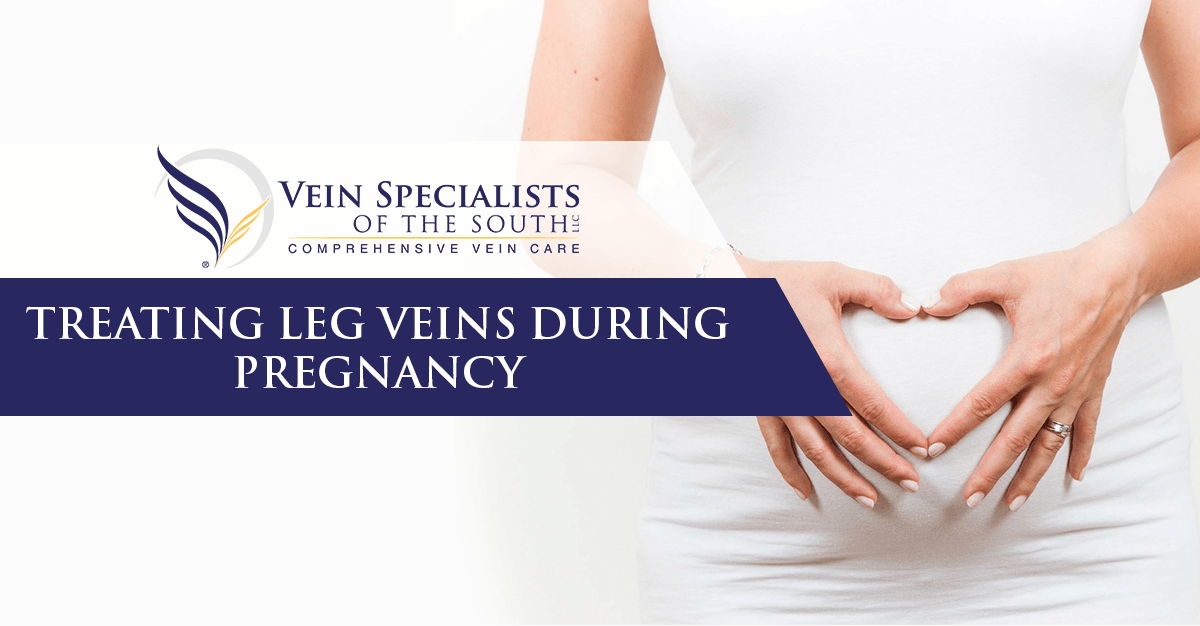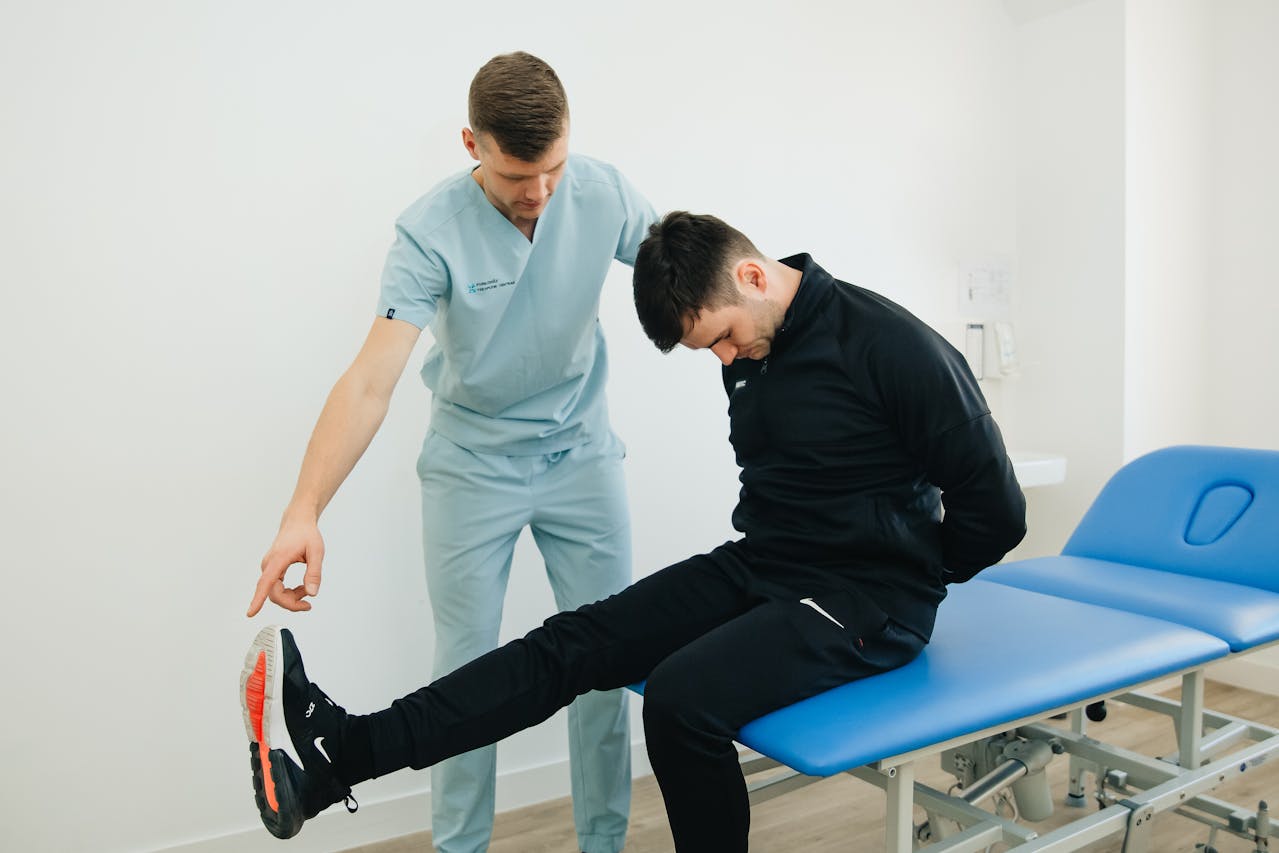Treating Leg Veins During Pregnancy: Dos And Don’ts
While varicose veins may not be attractive, they don’t pose a health risk to you or your baby in and of themselves. However, they can lead to considerable pain. In most cases, the veins will disappear after the baby is born and your hormones have dropped to normal levels. Treating leg veins during pregnancy is not an exact science, but there are some things you can do to help.
Improve Blood Flow And Circulation
Keep your blood moving by getting off your feet whenever you can. If you have young children requiring care, consider hiring a babysitter to give you a chance to rest for a few hours.
If you need to stand for an extended period of time, put one foot on a low stool. Alternate your legs to give each one a change of position. Flex your ankles occasionally to improve blood flow. If you have a habit of crossing your legs, now is the time to break it. You may lower the risks of spider veins this way as well.
Work Your Muscles
One of the key steps to promote healthy veins, blood flow and preventing varicose veins during pregnancy is exercise. If you can, take at least one walk per day. Better still, take several walks. If you don’t want to walk, do some other form of low-impact exercise that increases circulation. Swimming and light stretching are both excellent choices, but be sure to consult with your OB/GYN first.
Choose Your Wardrobe Wisely
Wear clothing that is loose and comfortable. If your underwear is binding or tight, replace it with something less snug. Avoid tight belts and socks with tight elastic tops. Footwear should be snug to prevent stumbling, but should not be tight in any way. Of course, stay away from stiletto heels until you’ve given birth.
Compression Is Key
A pair of compression stockings is useful when it comes to pregnancy-caused varicose veins. Wearing these socks consistently is one of the most effective ways to provide support. Medical grade graduated compression hosiery provide the strongest pressure at the ankles and gradually decrease in pressure as they rise. You may want to keep wearing them even after pregnancy and until your circulation and hormones have returned to normal. Compression hose can also decrease other pregnancy-related symptoms, such as swollen feet and tired, aching legs.
Talk To A Vein Specialist
To ensure that you don’t develop any varicose vein complications during or after your pregnancy, be sure to visit a phlebologist. Phlebologists, or vein specialists, treat and diagnosis vein disorders and will be able to spot a complication before it becomes serious.
The most likely vein symptoms during pregnancy include: swelling, pain, bleeding or a superficial blood clot in the varicose vein. Because your baby’s health is a top concern, consult with your OB/GYN before beginning any type of treatment plan for venous disease. It is generally not advisable to receive treatment for varicose veins during pregnancy that involves any incisions or injections; however, notify your OB/GYN or phlebologist immediately if your varicose veins and the surrounding area become warm, red, very painful or begin to bleed.
Managing Discomfort And Pain From Leg Veins In Pregnancy











